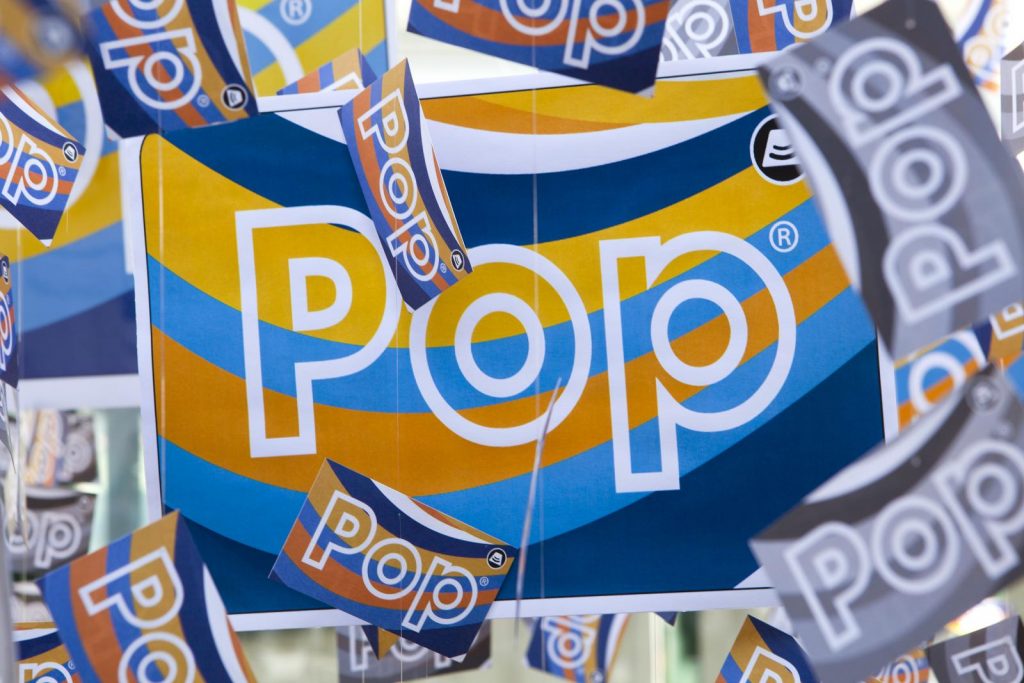In recent years it’s been frustrating to see the discussion on smart ticketing bedeviled by confusion over the terms of the debate and a lack of clarity over where we have got to and where we should be aiming for. A new Government offers the opportunity to draw breath and take stock. So where have we got to and what should be the next steps? Firstly, it’s important to recognise that there has been significant progress. The city regions are rolling out smart tickets which are covering more modes and more ticketing products with every passing month. Pop card in Tyne and Wear, M-Card in West Yorkshire, Swift in the West Midlands may not be familiar to decision makers down in London but they are increasingly part of everyday life for public transport users in our areas.
However, key challenges remain. The current fragmented provision of public transport in our areas means that ticketing may be going smart – but it is not necessarily simple, nor is it integrated. This is because bus operators have their own parallel competing fare structures and smartcards, and too often ensure that the pricing of tickets that can be used across all operators is uncompetitive and poorly promoted. All too often the end result falls short of what passengers want and expect – which is something that looks and feels more like Oyster. Something where they don’t have to think twice about which bus, train or tram they are using because their smart card gives them access to everything at a fair price. The danger is that instead we may have smart ticketing but passengers may still need more than one smart card in their pocket to get the best deal. This is nonsense – and it’s time to face the fact that the existing legislative framework on ticketing is not fit for purpose.
We also need a greater ambition from Government on smart, simple and integrated ticketing for the city regions. The DfT has stood behind Oyster in London and smart ticketing on the South East rail network. The city regions should be next in line for that kind of support – which in turn should be integrated with pan-regional initiatives like Rail North, Transport for the North and Midlands Connect. That way urban rail and bus ticketing can also be joined up rather than inhabit separate worlds as tends to be the case at present. The document we launched yesterday is short and concise and keeps it simple, because keeping it simple is what passengers want and it’s what Government, the city regions and the private sector should also focus on to get to where we need to be.
Click here to read ‘Our vision for Smart Ticketing in the City Regions’.
Jonathan Bray
